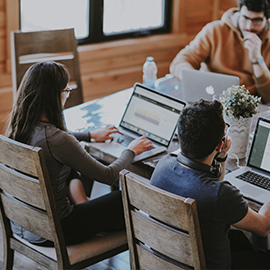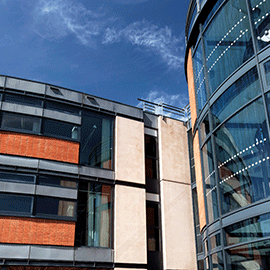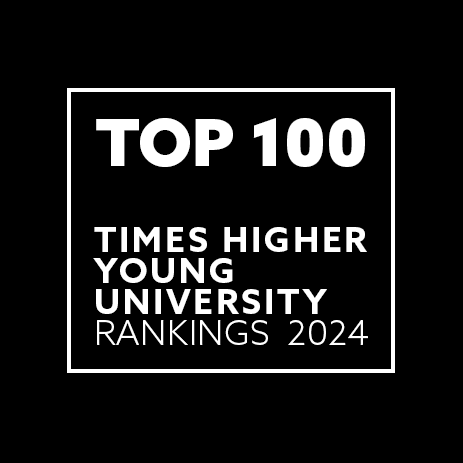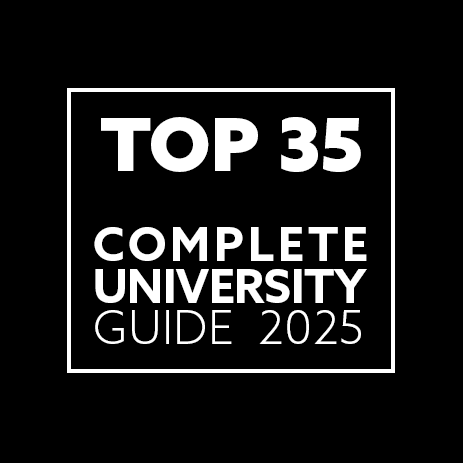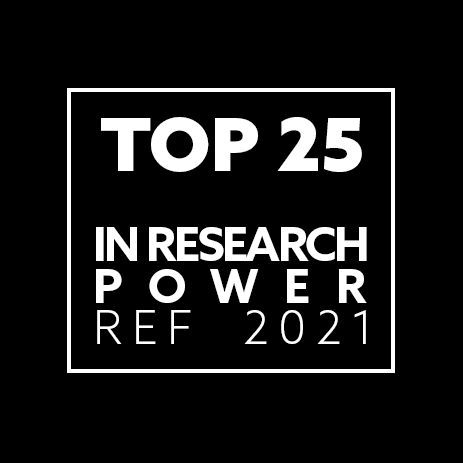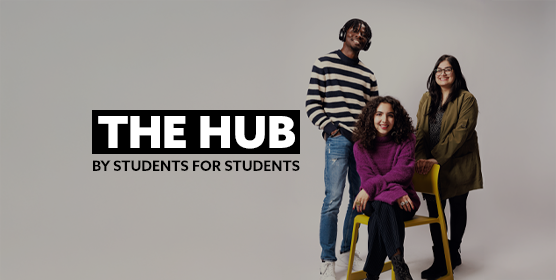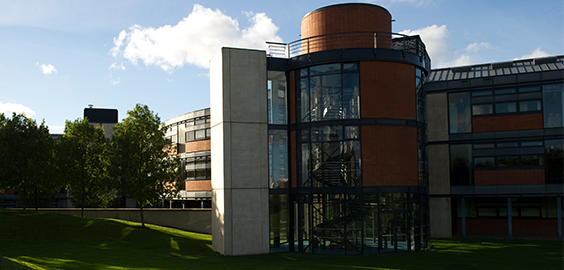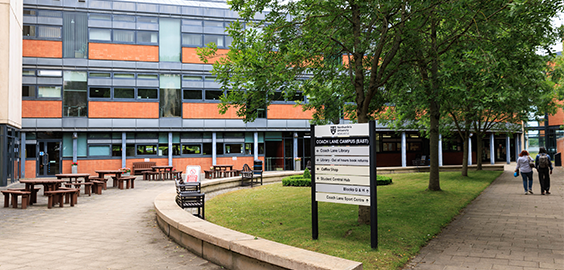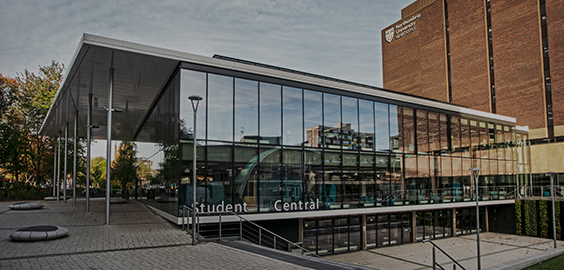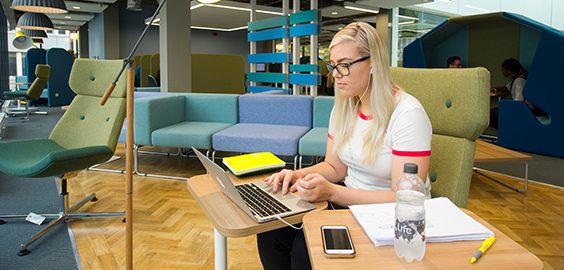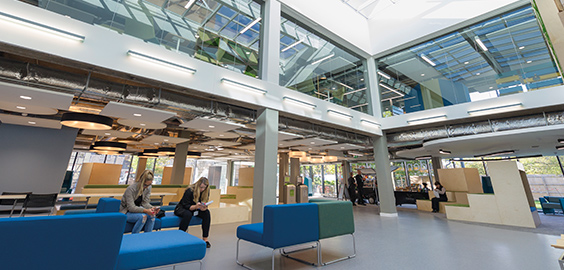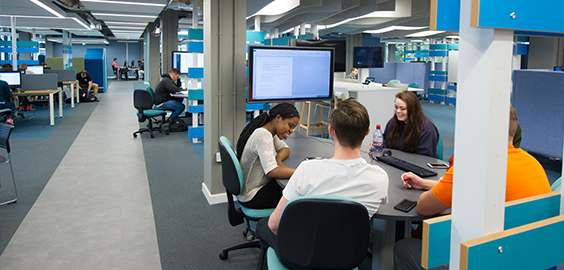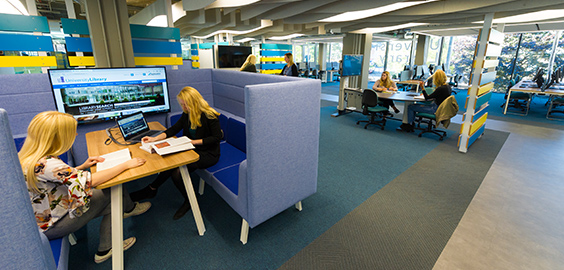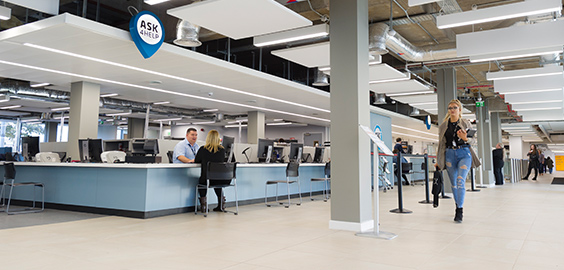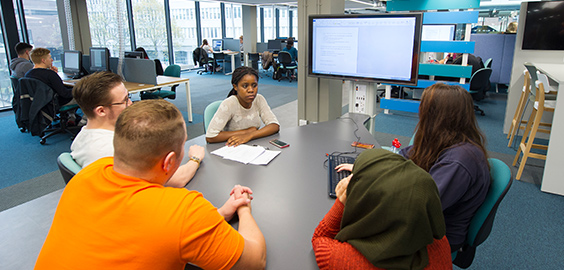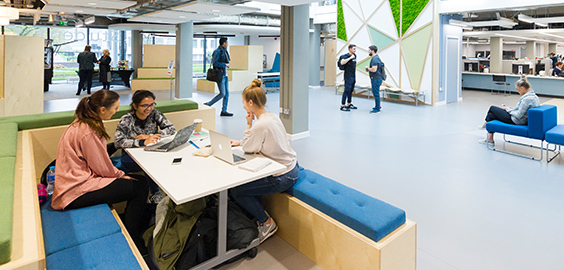What can I do after my Childhood and Early Years Studies?
This course provides a sound foundation from which to progress professional training courses including teaching, social work, children’s nursing and other related professions.
You’ll develop workplace skills, and find out more about different professions, through observational fieldwork visits and work placements. You’ll also get the chance to engage with a range of employers, alumni and external agencies. This gives you a wide network of contacts, and ensures that you know your chosen role is right for you. In your second year, you will undertake a minimum of 50 hours practical work related experience. This will get you used to the professional environment, and develop your practical skills.
How does studying at Northumbria prepare you for the future?
The course is designed to allow you to undertake opportunities to study and work abroad during year two. You will get a global perspective on the issues facing children, which is enormously attractive to employers.
When you graduate, there are a range of careers you will be able to pursue. Social care roles, research into child development, teaching - the course is in line with Health and Care Professions Council (HCPC) guidance, which is the benchmark for the industry and respected in all of these professions.
If you enjoy this research element of the course, the course is great first step into a research career.
In any of these roles, you’ll leave the course with real-world experience, a deep understanding of childhood, a global perspective and network of support and contacts.
Discover our postgraduate study options in child care and consider our MSc in Childrens Nursing Science.
 Option for Placement Year
Option for Placement Year Option for Study Abroad
Option for Study Abroad Placement
Placement

